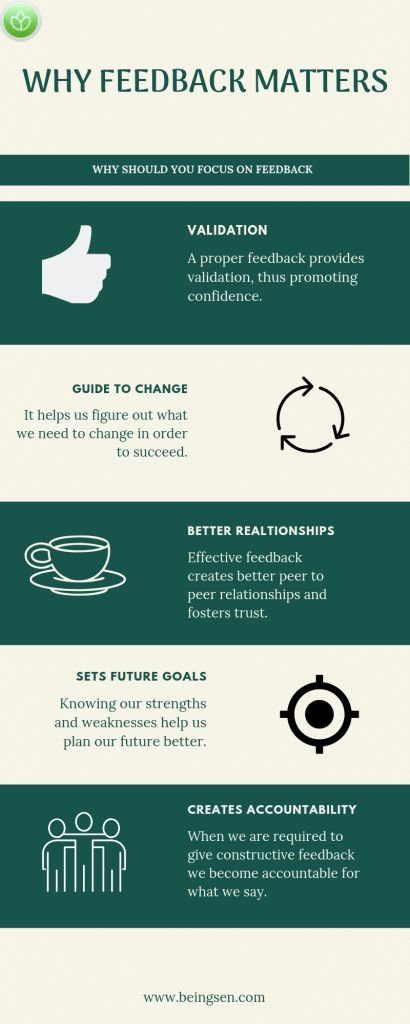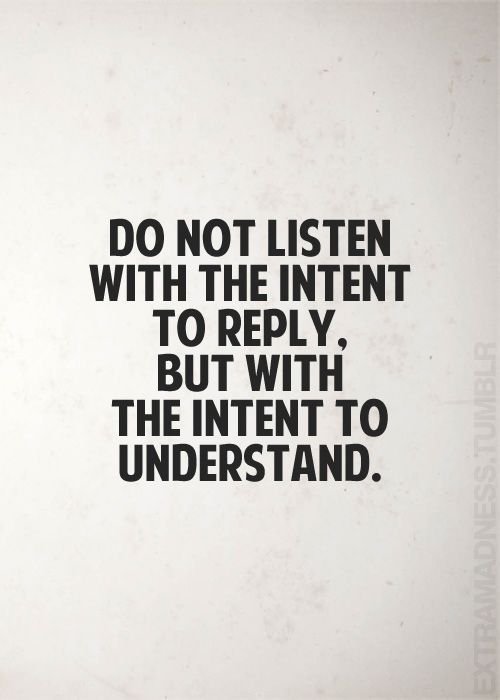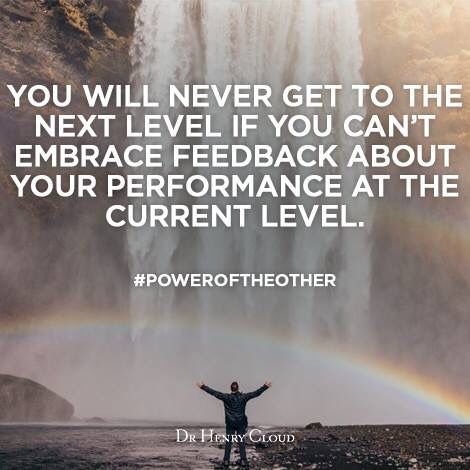Feedback: Your Path to Growth and Success
This weekend, I'm getting ready for a month in Germany for Soest Summer School. We've been steadily improving, and in some cases, revamping the training courses. I'm incredibly excited for the students who will get to experience these refreshed certifications.
Every course includes feedback from the instructors. The amount of feedback increases as the courses advance.
Being open to feedback has always been crucial for my growth. In the corporate world, we had annual reviews, which often came with raises, promotions, and career path planning. In my dance life, I took countless private lessons and worked with my fellow troupe members to provide feedback on technique and teaching.
These feedback sessions worked well because we created an environment where we felt safe sharing and receiving feedback. The feedback was given respectfully and aimed at personal growth. In other words, it was constructive feedback, not criticism.
Constructive feedback is meant to help you grow and offers suggestions for improvement.
Criticism, on the other hand, often feels negative and judgmental.
How feedback is given is important, but how it's received is just as crucial.
Today, I want to focus on how to receive feedback. While this blog was initially intended for the Soest Summer School students, I thought it would be helpful to share with everyone.
Keep in mind, this is a huge topic. So rather than overwhelm you, I just want to provide a few tips. I've included some links for further reading at the bottom for those interested in diving deeper. For those in Advanced Teacher Training, we go deeper into giving feedback, including various methods, hands-on adjustments, and more.
Preparing to Receive Feedback
Take a few deep breaths before the feedback session. Focus on making your exhales longer than your inhales. This will calm your nervous system and help reduce the "fight or flight" response that can often be triggered in these scenarios.
Remind yourself that the person providing feedback wants to see you improve and succeed.
Be open-minded. Try to set aside your ego and be receptive.
Active Listening
Pay attention. This means giving the speaker your full attention. Taking notes is fine, but sometimes it can be used as a defense mechanism to avoid eye contact. Active listening will help you remember what's being said. Try listening and writing your notes after the feedback session.
Don’t argue. Asking questions for clarification is great! Try to structure your questions in a way that doesn’t come off as argumentative. No one wants an argument, and this could lead to them offering less feedback in the future.
Remember that it's okay to not agree. Evaluate the feedback, decide what you want to take into consideration, what needs more clarification, and what you want to discard.
Implementing Feedback
Once you've taken some time to think about the feedback and decided what you want to implement, make a plan.
Take it in stages. Depending on the feedback, you may end up with multiple areas to focus on. Take it slow. Lasting change often develops over time. Use your plan to inspire and motivate you rather than create stress.
Include a reevaluation in your plan. Reviewing videos of your practice sessions or having a private lesson with one of your evaluators is a great way to check in with your progress and stay motivated.
Remember, receiving feedback can be challenging, but it’s another step towards personal growth and development as a dancer or teacher. It's easy to feel overwhelmed during a feedback session, especially if there are multiple speakers. But remember, those offering constructive feedback are doing so to help you succeed.
In a world where it's easy for everyone on social media to be a critic, it's hard to remember that there are genuinely people who want to help you and have no intention to judge or tear you down.
Coming into a feedback session with a positive perspective and open mindset will shift you out of defense mode and open your heart to those who truly want to help you.
Personally, I believe the better you are at receiving and implementing feedback, the better you will be at offering it to your own students and troupe members.
I’d like to encourage you all to embrace feedback with an open heart. It's another stepping stone to becoming the best version of yourself.
If you are interested in learning more, here are a few interesting articles:
The Right Way to Process Feedback (Harvard Business Review)


